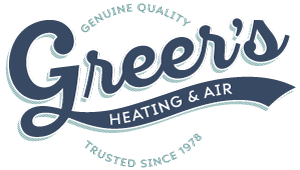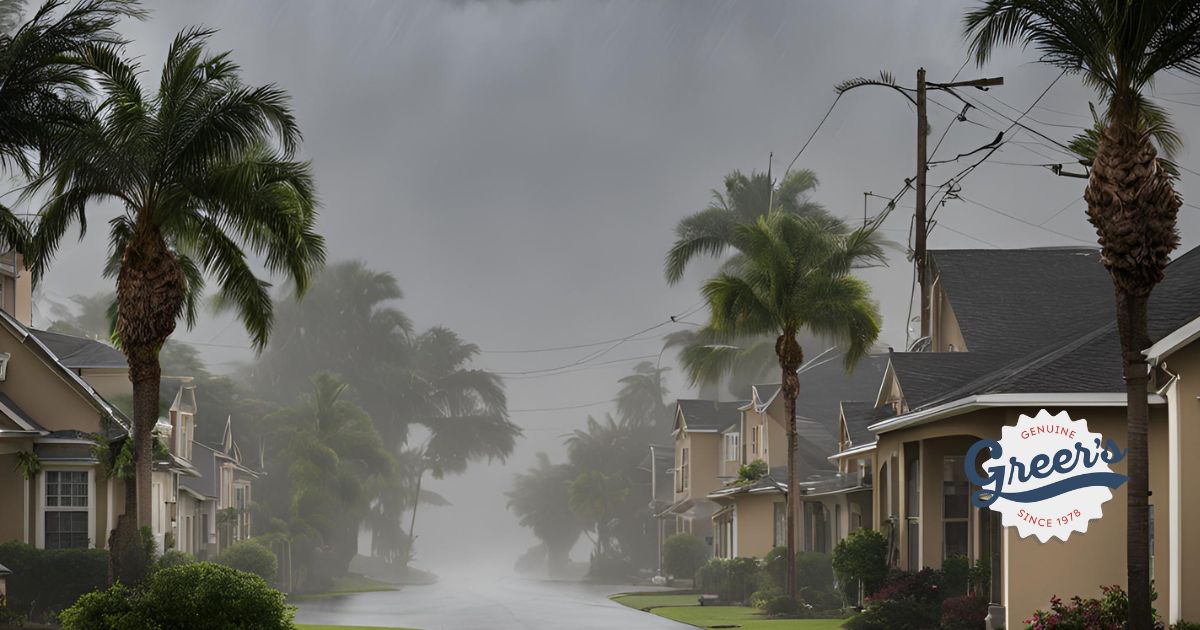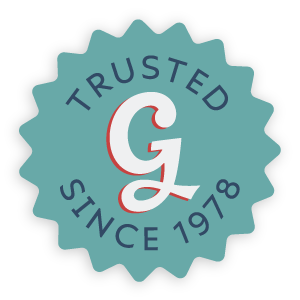Hurricane season is a time of preparation and caution. While securing your home and family is first and foremost, it’s also important to safeguard your HVAC system from potential damage. This essential equipment is vulnerable to damage during a storm. Still, with the right precautions, a well-maintained HVAC system can make a significant difference in your comfort and recovery after a storm. Let’s explore how to protect and check your HVAC system before, during, and after a hurricane.
Here in Raleigh we generally don’t get a direct hit from a hurricane (sometimes we do). But many of these tips are helpful with the severe storms we’ve been having too.
Before Hurricane Season and the Storms
- Schedule Regular Inspections: A professional HVAC technician can assess your system’s condition and identify potential vulnerabilities.
- Secure the Outdoor Unit: Elevate your outdoor unit if possible to prevent flooding. Before the storm hits, ensure the unit is securely anchored to its base. Consider securing the unit with straps or hurricane clips. Building a protective enclosure around it using wood or concrete blocks is always helpful.
- Cover the Unit: Get a specially designed protective cover or a sturdy tarp for it.
- Turn Off the Power: Disconnect the power to your HVAC system at the main circuit breaker to protect it from electrical surges.
During the Storm – Stay Safe
- Don’t Use the HVAC System: Running your HVAC system during a hurricane can lead to damage from power surges, water, and debris. No matter how tempting it may be to turn on the air conditioning, do not use your HVAC system during the hurricane. Running the system during severe weather can lead to serious damage.
- Stay Informed: Monitor weather updates and follow evacuation orders if necessary.
After the Storm – Check and Restore
- Safety First: Prioritize safety by assessing for structural damage and potential hazards before inspecting your HVAC system. Once the storm has passed, carefully inspect the outdoor unit for any signs of damage.
- Damage may include:
- Flooding
- Debris impact
- Electrical issues
- Damage may include:
- Professional Inspection: If you suspect any damage, contact an HVAC professional for a thorough inspection and repairs.
- Restore Power Gradually: Once you’ve determined that the unit is safe to operate, turn the system on at the circuit breaker first, then at the thermostat. Monitor the system closely for any unusual noises or performance issues.
By following these steps, you can significantly reduce the risk of damage to your HVAC system and ensure your comfort and well-being after a hurricane. Remember, prevention is key, so take the necessary precautions before the storm arrives.
Installing a surge protector for your HVAC system is highly recommended. Power surges, frequently occurring during hurricanes and severe storms, can seriously damage your system.
If you do find your system is making noises, not cooling, or not starting up, give Greer’s Heating and Air a call!



